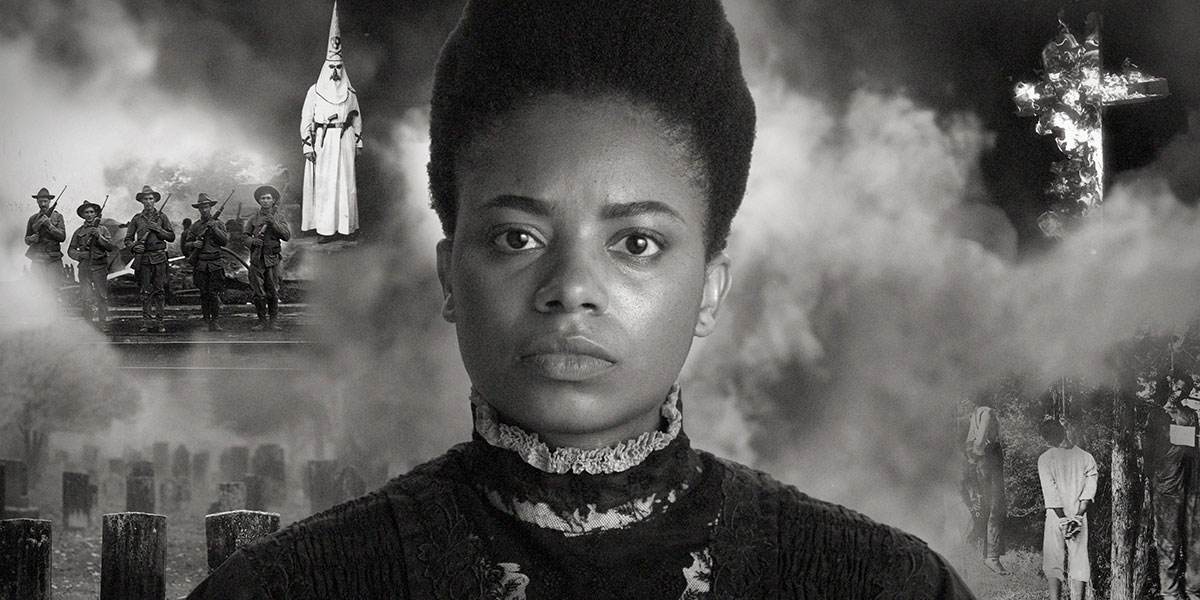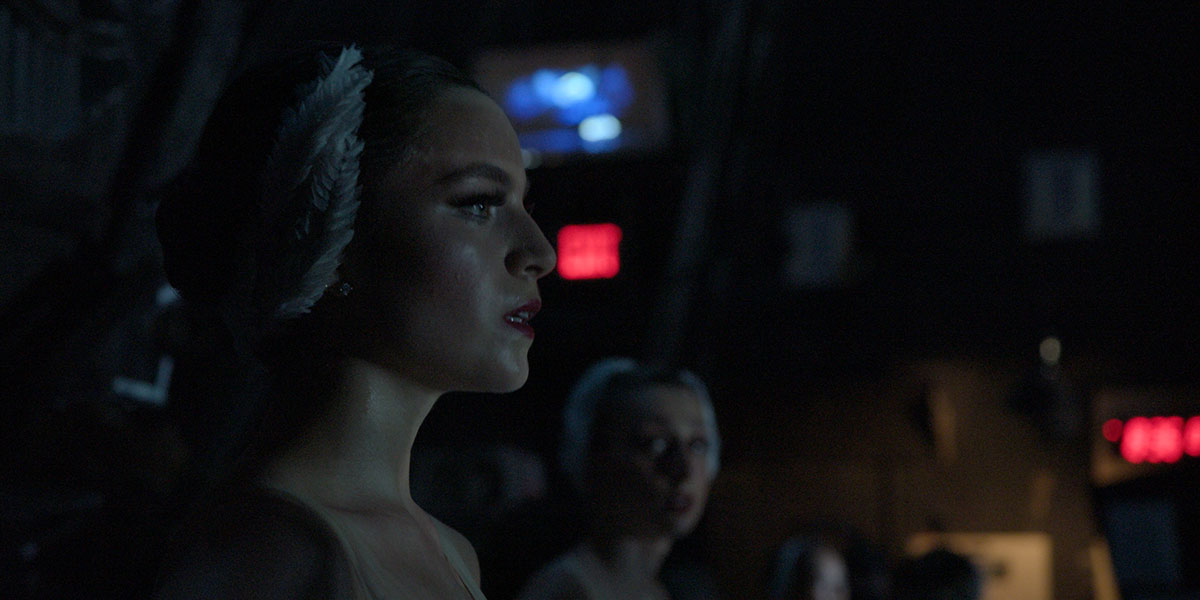Stamped from the Beginning
(USA, 85 min.)
Dir. Roger Ross Williams
Programme: TIFF Docs (World Premiere)
“What is wrong with Black people?” director Roger Ross Williams asks his interviewees in the intro for Stamped from the Beginning. His interviewees, all of whom are Black, stare at him in disbelief. Some chuckle, some sit with mouths agape, and others take a minute to process the question.
Once everyone grasps the context for the question, though, each speaker lights up and gets ready to roll. The question Williams poses doesn’t ask the speakers to identify some deviant strand that unites Black people. The question, rather, is historical: whatever did do Black do to supposedly people “merit” centuries of institutionalized racism and violence in the eyes of white people?
While the film takes a relatively conventional approach to the subject—talking heads, title cards, vérité, and awkward graphics–it synthesizes the creation and perpetuation of anti-Black racism and white supremacy. These are big topics and Williams assembles smart people who contextualize the story and provide historical facts with an engaging delivery. The doc always circles back to the violence of the present to illustrate how deeply racism is entrenched in the fabric of American society.
Drawing inspiration from Dr. Ibram X. Kendi’s book of the same name, Stamped from the Beginning features Dr. Kendi alongside a chorus of Black women activists and scholars, like Angela Davis, Dr. Imani Perry, activists Brittany Packnett Cunningham, Dr. Carol Anderson, and others, who unpack the social construction of racism. Figures talk about how ‘Black’ is really a western concept fuelled by slavery. Long ago, race wasn’t a one size fits all trait. One defined oneself as Maasai, Igbo, Xhosa, or another tribe. But as slavery commodified Blackness, white slave owners stripped away such essential characteristics.
Power in Images
This ‘one size fits all’ simplification, the speakers note, evolved over time. After emancipation, cartoons, popular culture, films, and TV shows perpetuated stereotypical images. White folks could live easy with an idea of Black folks as thugs, oversexed hedonists, or smiling servants. Archival news shows feature Americans young and old debating how “clean” the neighbourhood will be if Black people move in. Cut to a clip of President Obama telling Black teenagers to hike up their pants. The doc illustrates the many forms in which Black Americans are instructed to behave a certain way, or be deemed inferior if not.
Obama doesn’t come off particularly well in Stamped from the Beginning, but not one Presidents does. Nor should they. Thomas Jefferson, for one, gets a pretty tough assessment as interviewees grill his legacy of both-sidesism with regards to slavery. Bill Clinton and Ronald Reagan get choice clips about their hard stances on crime, which amounts to thinly coded white supremacy. Williams builds a portrait of the land of the free in which freedom remains a relative term.
The doc inevitably weaves many of the chilling videos that fuelled the Black Lives Matter protests in response to the murder of people like George Floyd and Michael Brown. However, Stamped from the Beginning doesn’t edit these videos together with an eye for chronology. A snippet of the Rodney King beating plays in close proximity to the footage of Amy Cooper calling the police on Christian Cooper simply because he was walking near her in Central Park. Wrathful police and a Central Park Karen illustrate the pervasive effect of the images, policies, and ideologies that perpetuate racism.
Women in History
The film also finds some emotional moments by looking at figures who challenged the system. A Segment on poet Phyllis Wheatley, for example, addresses the extra burden that Black women face while being expected to prove their worth. The interviewees recount how Wheatley was the first Black author to have a book published in America. Williams’ talking heads tell how Wheatley channelled her experiences as an enslaved woman into vivid poetry that moved readers with accounts of her hunger for freedom. Yet the interviewees underscore the fact that many white skeptics doubted the Wheatley’s authorship. Pulled before a judge, she had to account for her skills and inspiration. The judge found in her favour, yet Williams illustrates how her legacy continues. He asks the women if they’ve ever had a “Phyllis Wheatley moment.” Each one clams up, chilled by painful memories of being doubted.
Somewhat less successful is the film’s look at Ida B. Wells and her reportage about lynching. While Stamped from the Beginning powerfully excavates news clippings that portray lynching as a public event and spectacle, the film favours an award montage with an actress playing Wells while headlines fly by superimposed. Stylistically, it doesn’t do the material justice.
Williams doesn’t limit Black experiences to pain, though. He circles back to his opening question by viewing images of Black joy. Kids drop beats, while young poet Amanda Gorman wows the crowd at Biden’s inauguration. If there’s anything inherently “wrong” with the images the film presents, it’s the system that creates inequality and the people who turn a blind it to it. Williams lets his interviewees drop the challenge to create space, opportunities, and alternatives. Stamped from the Beginning leaves it to the audience to decide what comes next.














